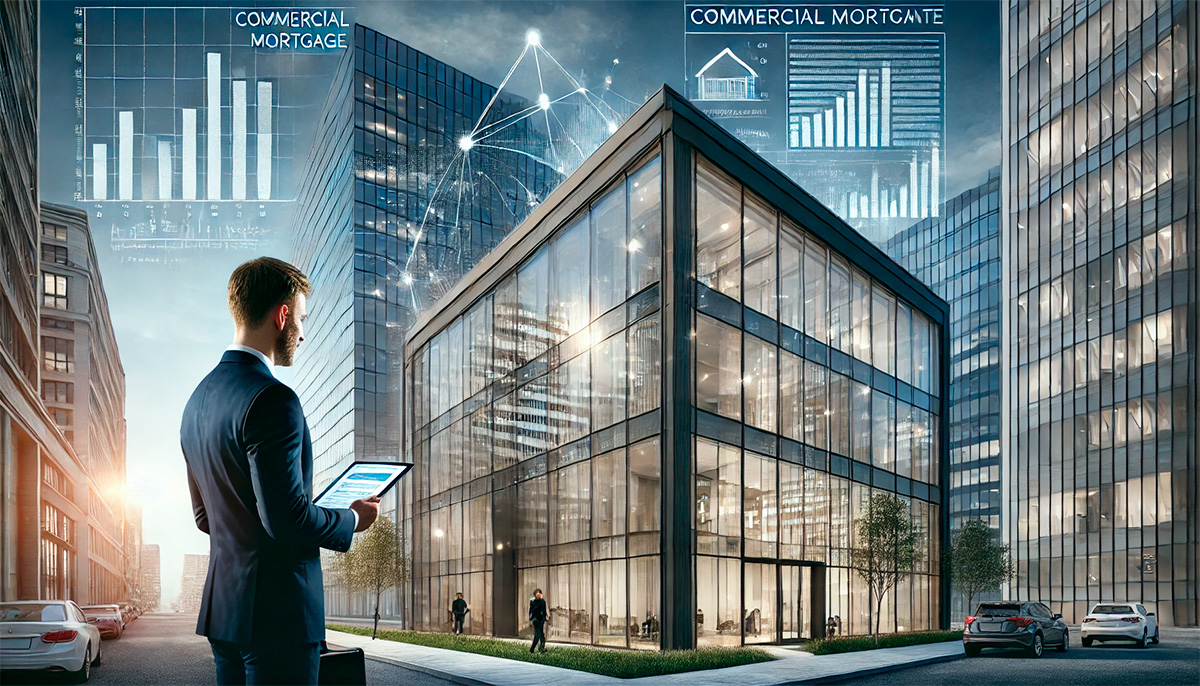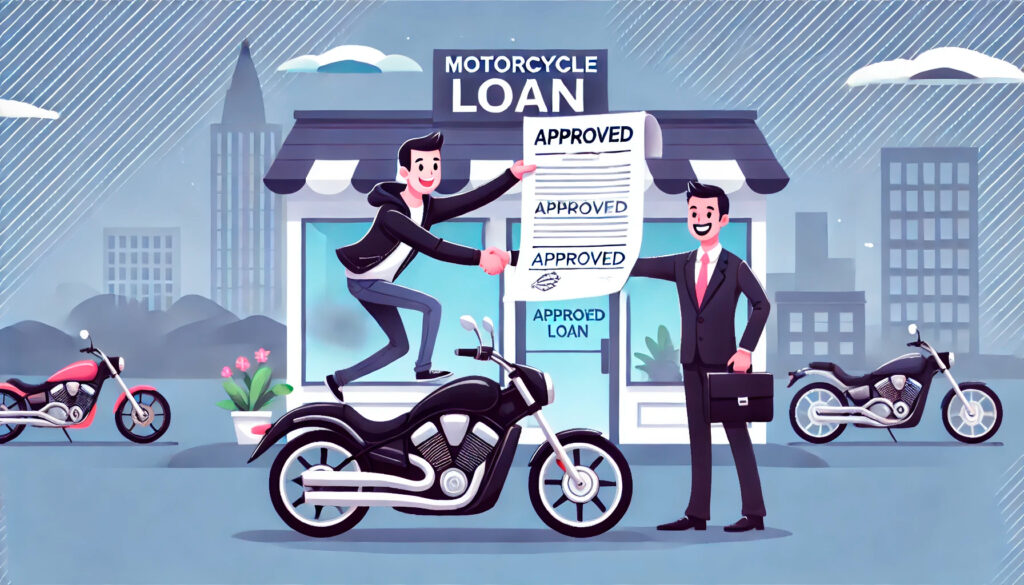In the world of real estate, the allure of commercial properties is undeniable. From bustling office spaces to sprawling retail centers, commercial real estate offers a unique opportunity for investors to build wealth and generate steady income. However, venturing into this domain often requires significant capital, and that’s where a mortgage for commercial real estate comes into play. While it can be a powerful tool for acquiring property, it is not without its complexities and potential pitfalls. This article delves into the features, benefits, and challenges of securing a mortgage for commercial real estate, offering insights to help you navigate this intricate landscape.
Understanding Commercial Real Estate Mortgages
A mortgage for commercial real estate is a loan specifically designed for the purchase, renovation, or refinancing of properties intended for business use. Unlike residential mortgages, which are tailored for homes, commercial mortgages are geared toward income-generating properties such as office buildings, warehouses, shopping malls, and apartment complexes. These loans are typically secured by the property itself, meaning the lender has a claim on the asset until the loan is fully repaid.
One of the defining features of a commercial real estate mortgage is its shorter loan term. While residential mortgages often span 30 years, commercial loans usually range from 5 to 20 years. Additionally, the interest rates tend to be higher, reflecting the increased risk associated with commercial properties. Borrowers are also required to make a larger down payment, often between 20% to 30% of the property’s value, compared to the 3% to 20% typically seen in residential loans.
Key Features of Commercial Real Estate Mortgages
When considering a mortgage for commercial real estate, it’s essential to understand its unique features. Here are some of the most notable aspects:
- Loan-to-Value Ratio (LTV): Lenders typically offer loans covering 65% to 80% of the property’s appraised value. This means borrowers must contribute a substantial down payment, which can be a significant hurdle for some investors.
- Debt Service Coverage Ratio (DSCR): Lenders evaluate the property’s income potential to ensure it can cover the loan payments. A DSCR of 1.25 or higher is generally required, meaning the property’s net operating income should be 25% higher than the annual debt payments.
- Amortization Period: While the loan term is shorter, the amortization period (the time it takes to pay off the loan in full) is often longer. This results in a balloon payment at the end of the term, which can be a financial challenge if not planned for properly.
- Prepayment Penalties: Many commercial mortgages include penalties for paying off the loan early. This is something borrowers should carefully consider, especially if they anticipate selling the property or refinancing before the loan term ends.

The Benefits of Securing a Commercial Real Estate Mortgage
Despite its complexities, a mortgage for commercial real estate offers several advantages. For starters, it provides access to lucrative investment opportunities that might otherwise be out of reach. By leveraging borrowed funds, investors can acquire high-value properties and potentially reap substantial returns.
Another benefit is the potential for tax deductions. Interest payments on commercial mortgages are often tax-deductible, reducing the overall cost of borrowing. Additionally, the property itself can appreciate over time, further enhancing the investment’s value.
Moreover, owning commercial real estate can provide a steady stream of rental income. Whether it’s leasing office space to businesses or renting out retail units, the cash flow generated can help cover mortgage payments and other expenses, making it a self-sustaining investment.
Potential Pitfalls to Watch Out For
While the benefits are enticing, securing a mortgage for commercial real estate is not without its challenges. One of the most significant risks is the potential for financial strain. The higher down payment, shorter loan term, and balloon payment can create cash flow challenges, especially if the property’s income doesn’t meet expectations.
Another pitfall is the reliance on tenant occupancy. Commercial properties often depend on rental income to cover expenses, and vacancies can quickly lead to financial difficulties. Investors must carefully evaluate the property’s location, market demand, and tenant stability to mitigate this risk.
Additionally, the appraisal process for commercial properties can be more complex and subjective than for residential properties. An inaccurate appraisal can result in a lower loan amount, forcing the borrower to come up with additional funds or reconsider the investment altogether.
Tips for Navigating the Commercial Mortgage Process
To successfully secure and manage a mortgage for commercial real estate, consider the following tips:
- Conduct Thorough Research: Before diving into the market, take the time to understand the local real estate landscape, including property values, rental rates, and market trends.
- Work with Experienced Professionals: Partnering with a knowledgeable real estate agent, attorney, and financial advisor can help you navigate the complexities of commercial mortgages and avoid costly mistakes.
- Prepare a Solid Business Plan: Lenders will want to see a detailed plan outlining how you intend to generate income from the property. A well-prepared business plan can increase your chances of approval and secure more favorable terms.
- Plan for Contingencies: Unexpected expenses and vacancies can arise, so it’s crucial to have a financial cushion in place. Setting aside reserves can help you weather challenging times without jeopardizing your investment.
Conclusion
A mortgage for commercial real estate can be a powerful tool for investors looking to expand their portfolios and generate income. However, it is not a decision to be taken lightly. The unique features, benefits, and potential pitfalls require careful consideration and thorough preparation. By understanding the intricacies of commercial mortgages and seeking expert guidance, you can make informed decisions and unlock the full potential of your investment. Whether you’re a seasoned investor or a newcomer to the world of commercial real estate, the key to success lies in balancing ambition with prudence, ensuring that your venture is both profitable and sustainable.
In the end, as with any significant financial commitment, a mortgage for commercial real estate is not just about the numbers—it’s about the vision, the strategy, and the perseverance to turn that vision into reality. So, tread carefully, plan wisely, and may your commercial real estate journey be as rewarding as it is exciting.




